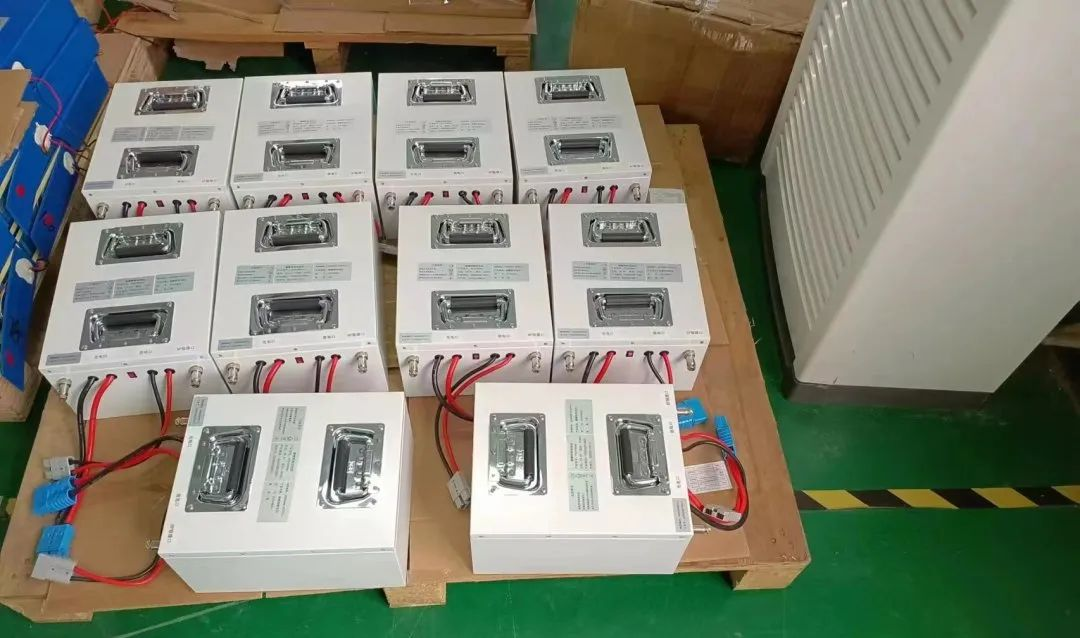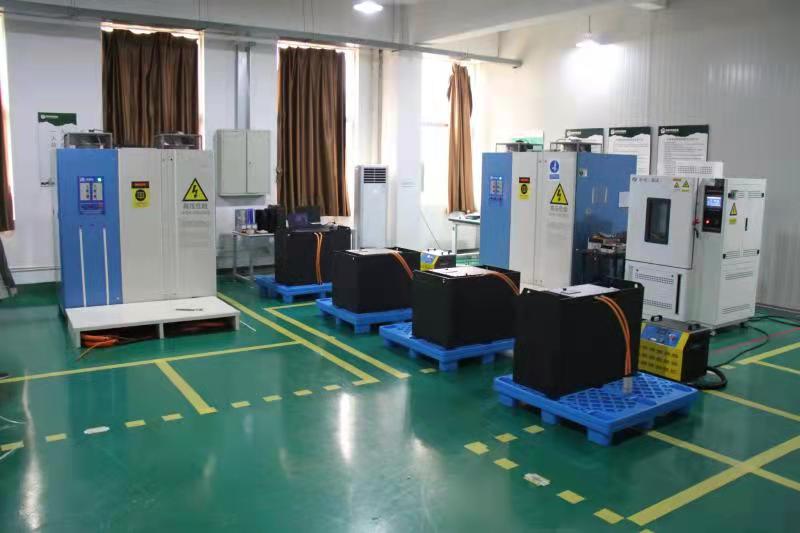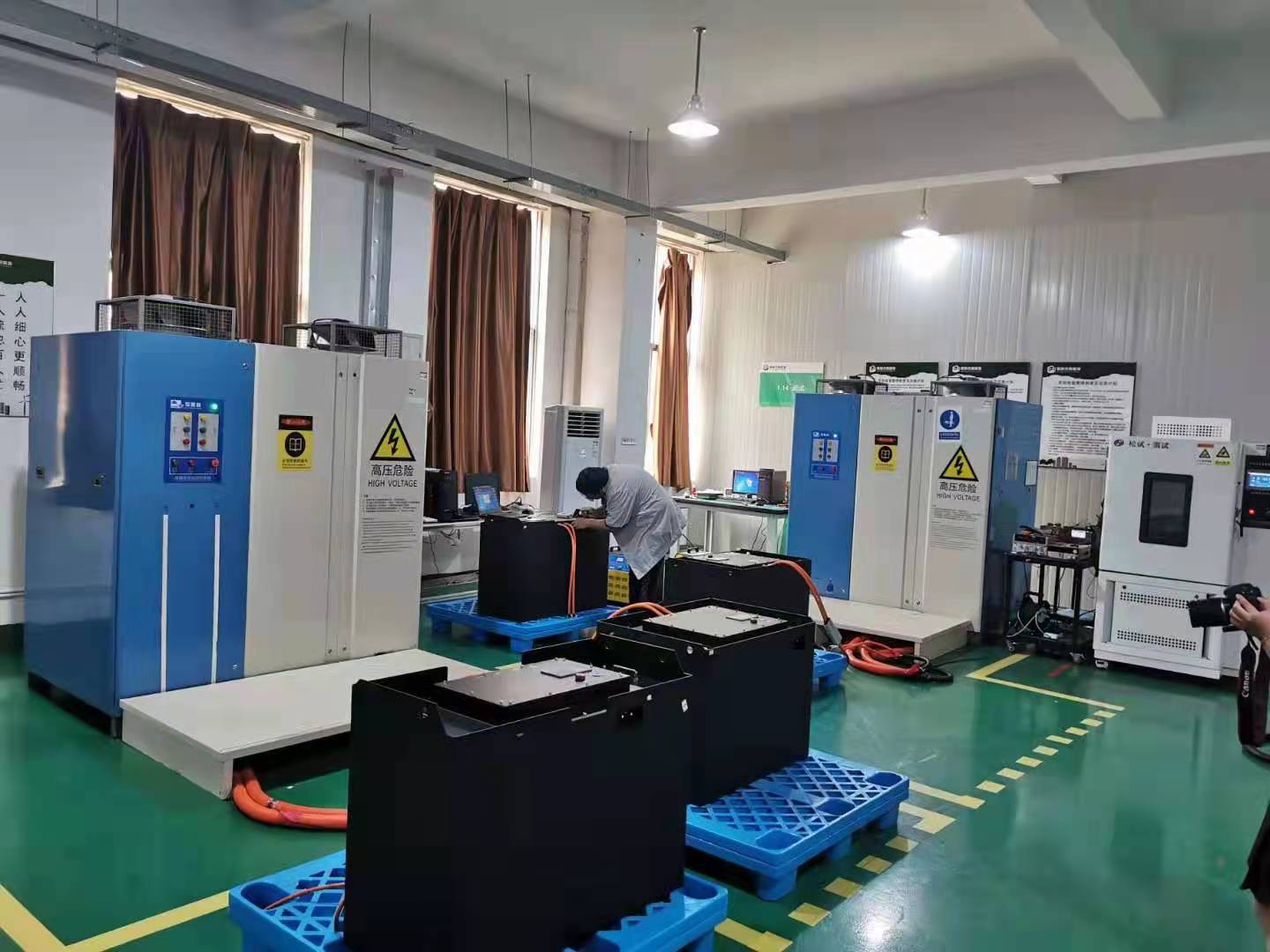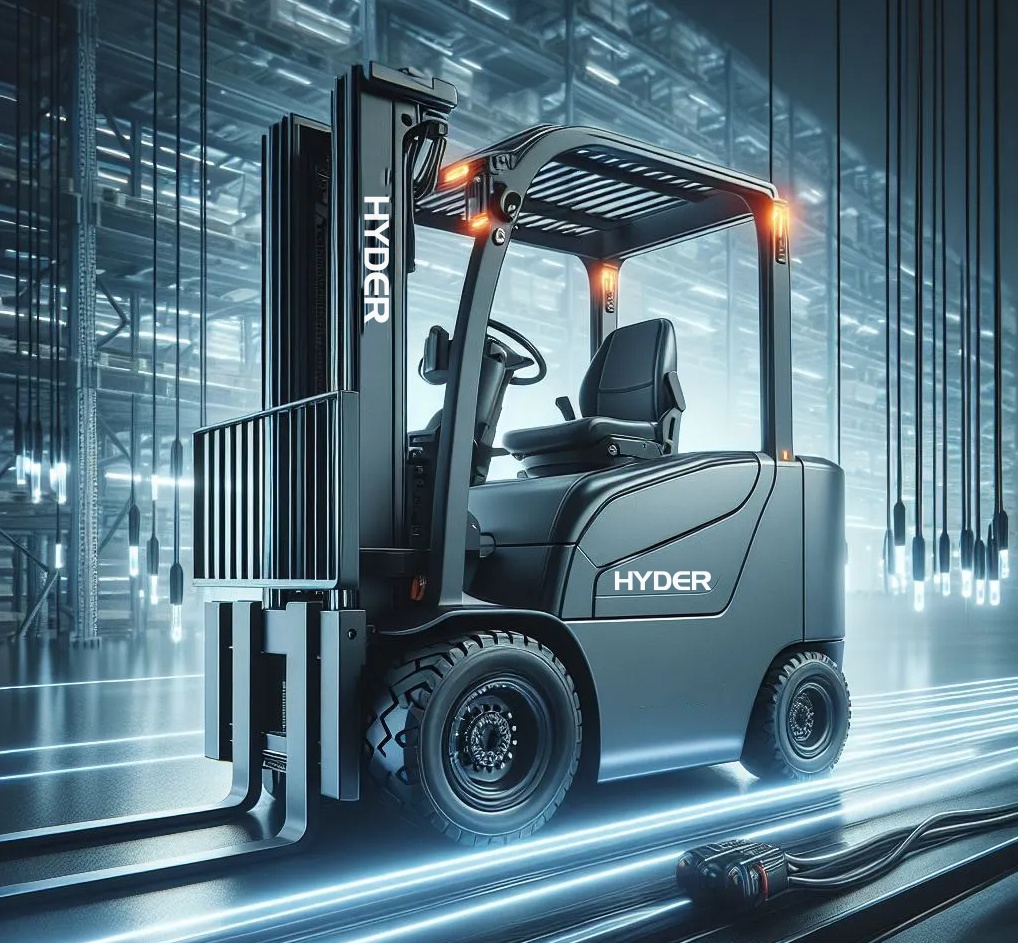Related News
Choose lithium battery for forklifts
There are increasing demands of advanced lithium battery for forklift industry recently, therefore we would suggest how to choose a right lithium battery for your forklifts!
Wide Application of Lithium Iron Phosphate Batteries in Forklifts
How much do you know about the application of lithium iron phosphate batteries in electric forklifts?
CeMAT Asia Exhibition at Pudong Shanghai
CeMAT Asia Exhibition will be hold from 1st to 4th Nov 2016 at Pudong Shanghai
Why do most new energy forklifts use lithium battery?
2024-01-31 | Power Battery - Electric Forklift
In the field of electric forklifts, the widespread application of lithium batteries has become an important means to improve performance and efficiency. Electric forklifts usually rely on efficient and reliable battery systems, and various types of lithium batteries provide forklift manufacturers with diverse choices to meet the needs of different application scenarios.
Lithium-Ion Batteries (Li-ion): Lithium-ion batteries are an ideal choice for electric forklifts that require lightweight design and long-term operation. Its high energy density and low self-discharge rate make it suitable for long-term use, improving the working efficiency of forklifts.
Lithium iron phosphate battery (LiFePO4): Lithium iron phosphate battery is also widely used in electric forklifts due to its longer cycle life and higher safety. This type of battery is very suitable for scenarios that require long-term use and high safety, such as logistics, warehousing and other fields.
Customized battery solutions: Some electric forklift manufacturers may work with lithium battery manufacturers to customize specialized battery solutions to meet the unique needs of their forklifts. This approach ensures that the battery system fits into the overall forklift design to provide optimal performance and reliability.
Integrated design: When selecting and integrating lithium batteries, electric forklift manufacturers focus on ensuring that they work well with the forklift system. This includes battery installation, management system compatibility and the overall impact on forklift performance. This integrated design helps maintain forklift quality and reliability.
Overall, the application of lithium batteries has enabled electric forklifts to achieve significant improvements in energy efficiency, maintenance costs and environmental friendliness. In the future, with the continuous advancement of technology and attention to sustainability, the combination of electric forklifts and high-performance lithium batteries will play a more important role in logistics, manufacturing and other fields.
The ideal combination of electric forklifts and lithium polymer batteries:
Hyder electric forklifts use polymer lithium batteries, which give full play to the special needs of electric forklifts for high energy density, long life and consistency.
This ideal combination provides reliable power support for electric forklifts, allowing forklifts to operate more efficiently and reliably in handling and logistics operations.
Comprehensive advantages to improve material handling efficiency:
Since electric forklifts do not require backup batteries and charging chambers, combined with polymer lithium batteries, maintenance and operation time are saved, thereby improving overall material handling efficiency.
Lithium polymer batteries store approximately three times more energy than traditional batteries, providing a stable voltage for electric forklifts. At the same time, the battery's long life and high energy efficiency significantly reduce maintenance costs and downtime.
Double guarantee of safety and environmental protection:
The combination of electric forklifts and polymer lithium batteries emits no smoke or CO2, eliminating the release of harmful gases, and has significant advantages for indoor operations and personnel health.
At the same time, polymer lithium batteries have no risk of acid spillage, reducing the possibility of accidents and providing higher safety for forklift operators.
Fast charging and flexible operation:
The electric forklift is equipped with a polymer lithium battery, which has fast charging characteristics and can be fully charged within one hour, which greatly improves the operating efficiency of the forklift.
This rapid charging capability allows electric forklifts to be charged during interstitial periods, providing more flexible operational options for multi-shift operations.
Shape design flexibility and adaptability:
The new generation of polymer lithium-ion batteries can be made thin, in any area and in any shape, providing greater flexibility in the design of Hande's electric forklifts.
This design flexibility provides Hyder electric forklift manufacturers with more options. They can customize batteries of any shape and capacity according to product needs to maximize product performance.
By combining electric forklifts with polymer lithium batteries, it not only improves the operating efficiency and safety of forklifts, but also complies with the promotion of energy conservation, emission reduction, and renewable energy. It has a profound impact on the logistics and handling industry and accelerates the development of new technologies. The development trend of energy forklifts.

1. Longer service life.
With the further development of lithium-ion battery technology, the battery life can reach approximately 3,000 capacity cycles, which is a great advantage compared to the approximately 1,000+ charge cycles of traditional lead-acid batteries. In most applications, one lithium-ion battery has the same lifespan as at least three lead-acid batteries. In addition, the service life of traditional lead-acid batteries will also be affected by post-maintenance. Leaking, not properly cleaning and charging or balancing lead-acid batteries will greatly reduce their service life.

2. Maintenance is more convenient.
The lack of maintenance is a major advantage of lithium-ion batteries, reducing labor costs and increasing productivity. In order to keep the battery healthy, traditional lead-acid batteries basically require weekly maintenance. Lead-acid batteries are very labor-intensive and if not properly maintained, their lifespan will be greatly shortened. This is not the case with lithium-ion forklift batteries, which require little routine maintenance other than checking cables and connectors and wiping away dust.
3. Fast charging is more convenient.
One of the main advantages of lithium-ion batteries is that they are designed with ease of use in mind, especially for fast charging. Whenever possible, they can simply be plugged in, even if it's just for a dozen minutes. It can provide longer-term charging capability. Even if it cannot be fully charged, it can be stopped and charged again during the idle period after the work is completed.

4. Better security.
Forklift lithium batteries require less maintenance and therefore are a safer option. The battery is completely sealed and is very stable at ordinary times. So there are no problems with corrosion, vulcanization, acid spills or contamination, which is also good for the environment. The BMS system can communicate with the forklift and send information about the battery status, such as discharge level, which is visible on the standard forklift display. If anything goes wrong, an error code will be displayed and in the worst case the battery will automatically shut down the forklift in a safe manner. To provide maximum security, performance and reliability.

5. Higher efficiency and lower cost.
Lithium battery forklifts can be charged quickly, and the 1-3 hour fast charging mode is suitable for multi-shift operations. It can be charged and used immediately, eliminating the time and safety risks of battery replacement. It is more powerful. Another advantage of lithium-ion batteries is that they provide a constant high power supply that does not drop as the battery is discharged, and the power output can completely replace the internal combustion forklift. Lead-acid batteries usually require 7-10 hours of charging without interruption. In this way, the working efficiency is naturally not as good as that of lithium batteries. In addition, maintenance time and labor, as well as replacement costs, these costs add up in the long term. Electric forklifts choose lithium. Ion batteries are indeed a very good investment.

